
The Global Stakes of America’s Choice in 2024: Multilateralism vs America First
In November, U.S. voters will choose between resurrecting the “America First” doctrine or maintaining a foreign policy based on alliances and multilateralism.

In November, U.S. voters will choose between resurrecting the “America First” doctrine or maintaining a foreign policy based on alliances and multilateralism.
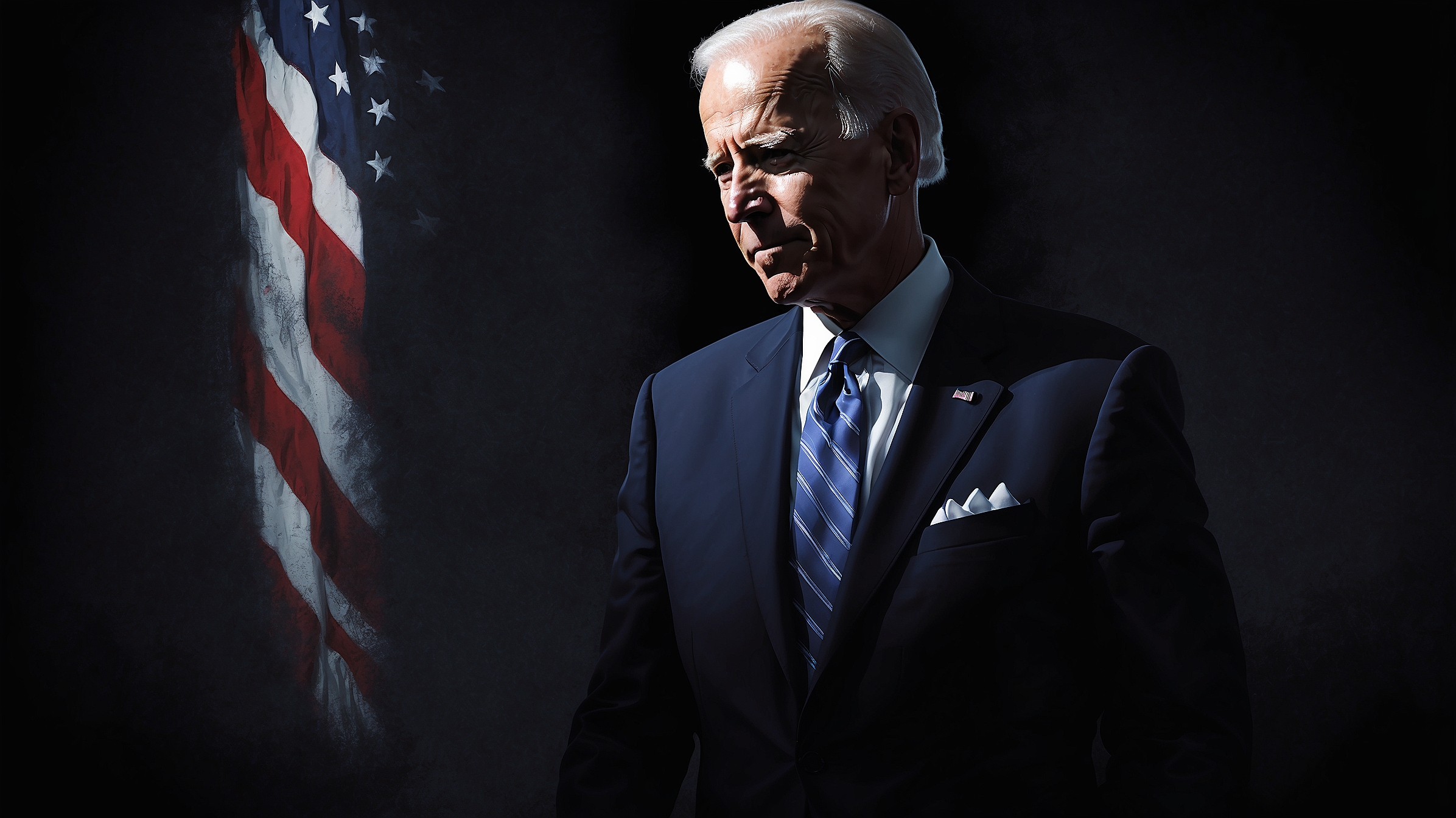
Biden’s presidency saw major domestic accomplishments, such as economic growth and infrastructure reform, but was overshadowed by foreign policy challenges, like Afghanistan’s withdrawal and Middle Eastern conflicts.
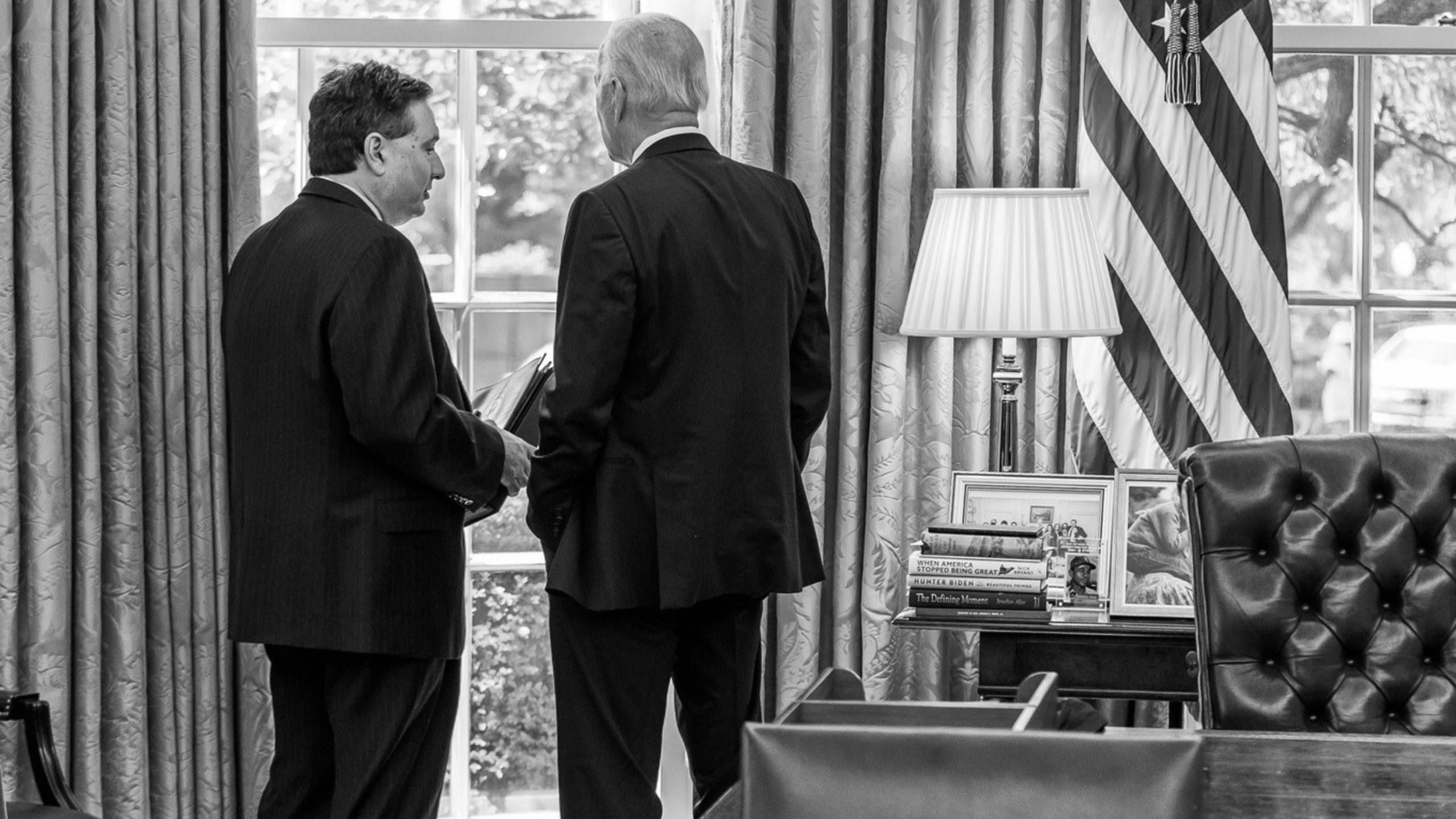
With Biden’s unexpected decision, the election race has suddenly shifted. Kamala Harris emerges as the new Democratic candidate, and the party faces a challenging election ahead.
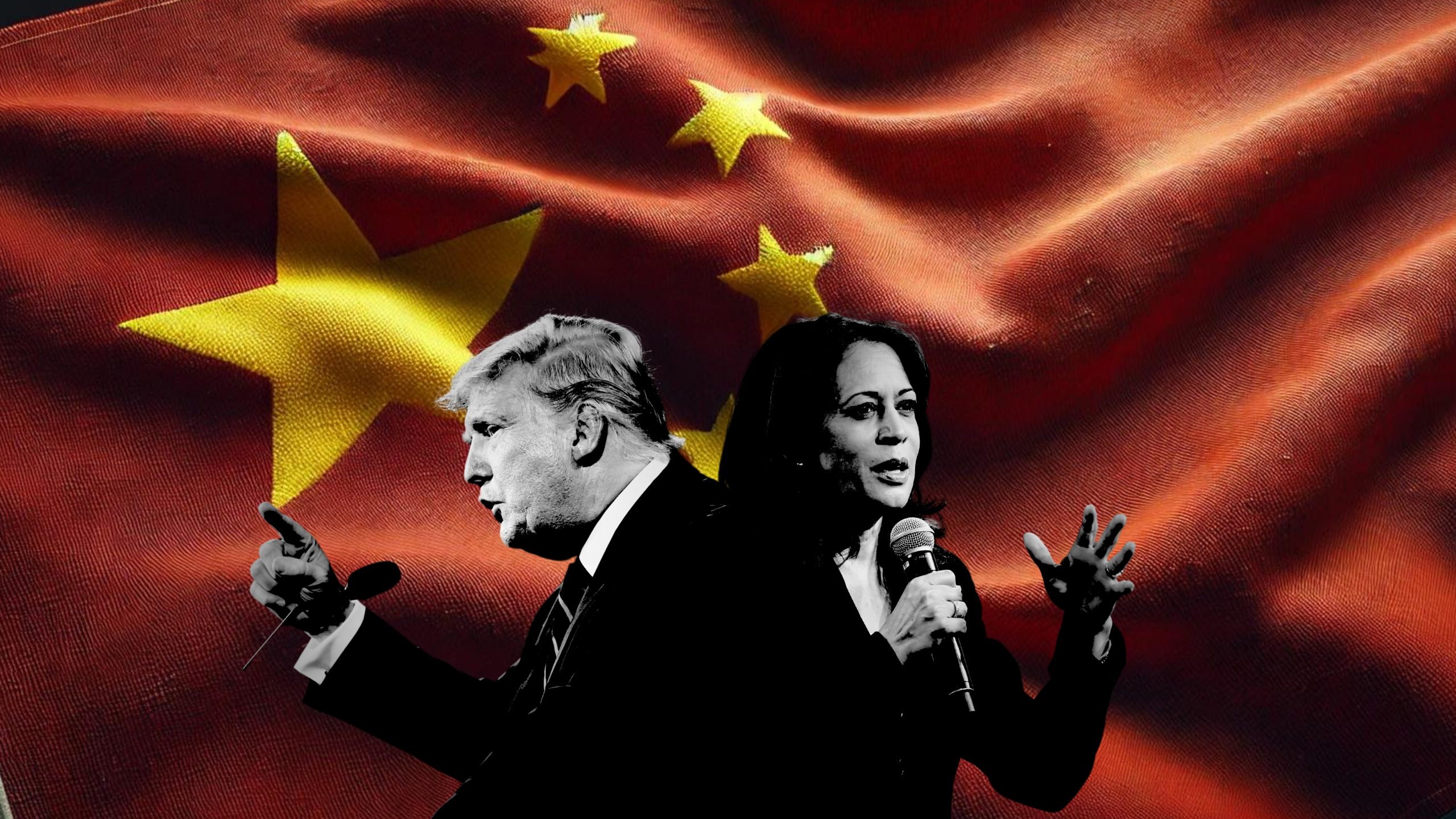
As Kamala Harris emerges as the new Democratic nominee and Trump faces unprecedented challenges, China remains notably silent, hinting at a strategic shift in how Beijing views the unfolding U.S. election drama.

A second Trump presidency could radically alter U.S. foreign policy, prioritize national sovereignty, disrupt alliances, and challenge the liberal international order. What will the future hold?
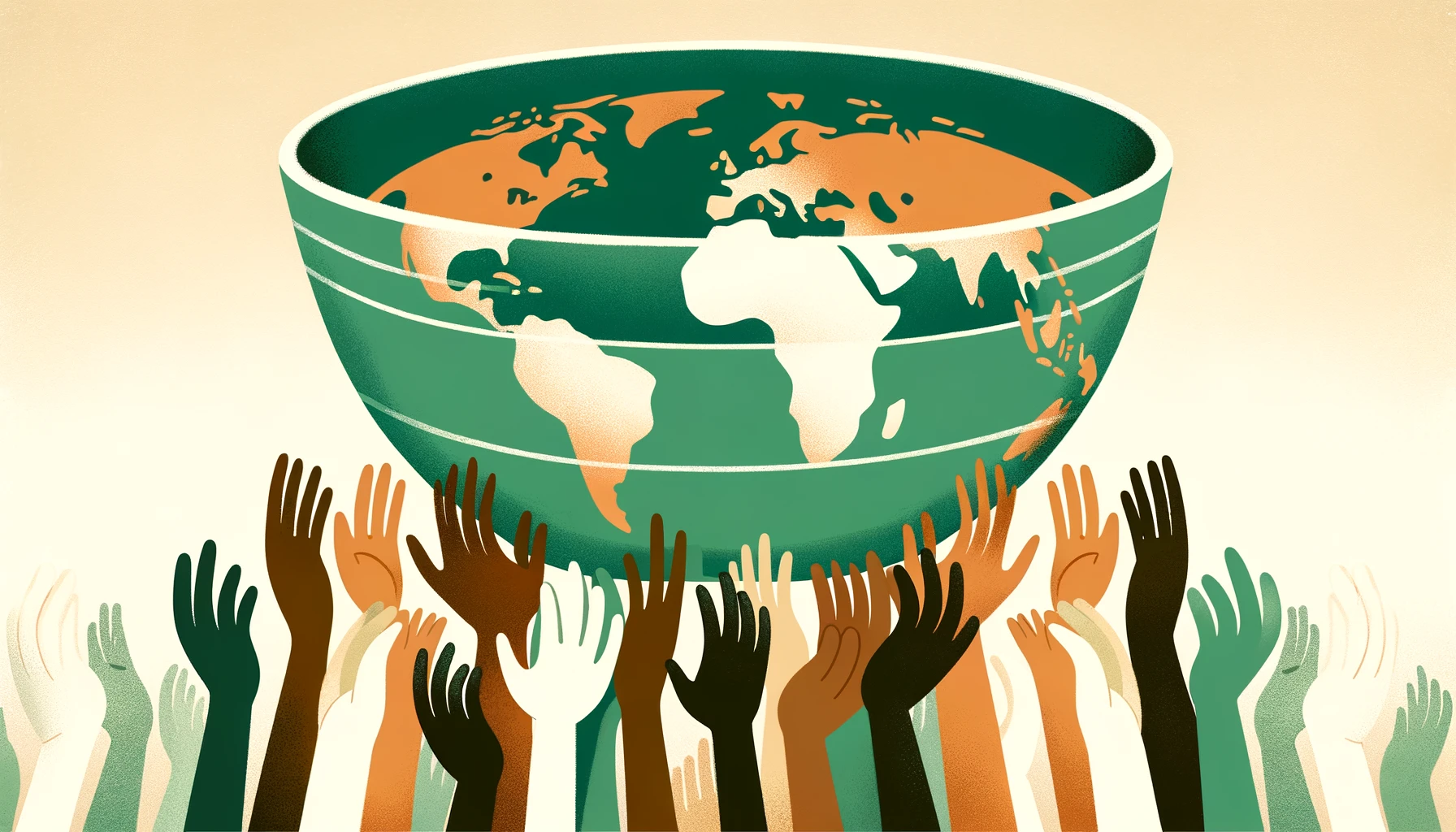
The Global South is rising, overcoming colonial legacies and economic disparities to challenge traditional power structures. With emerging economies and diverse cultures, these nations are reshaping global dynamics and positioning themselves as key players in the future of international relations.
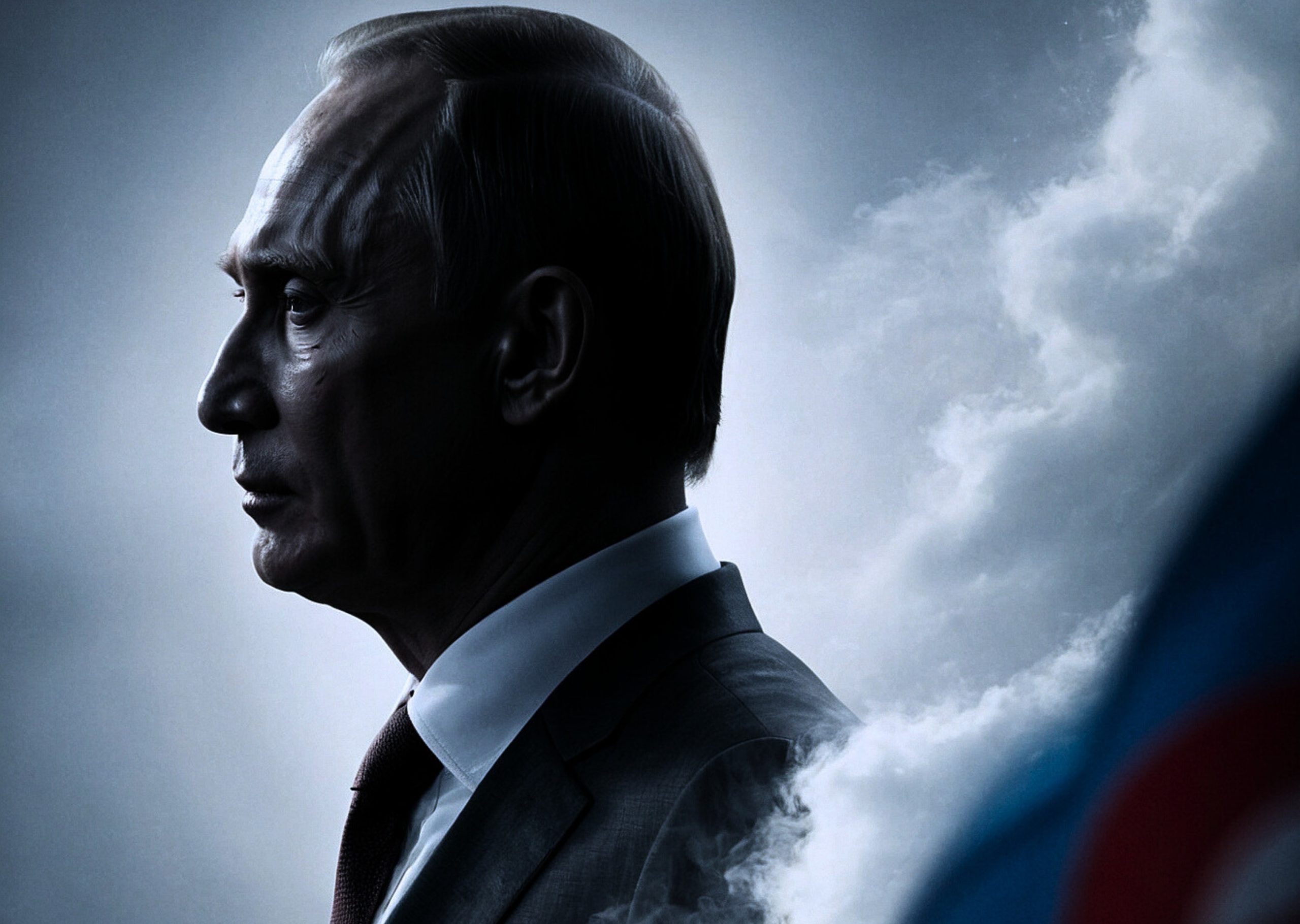
Putin’s determination to restore Russia’s great power status propels the conflict in Ukraine, intensifying the struggle for influence and challenging Western dominance.
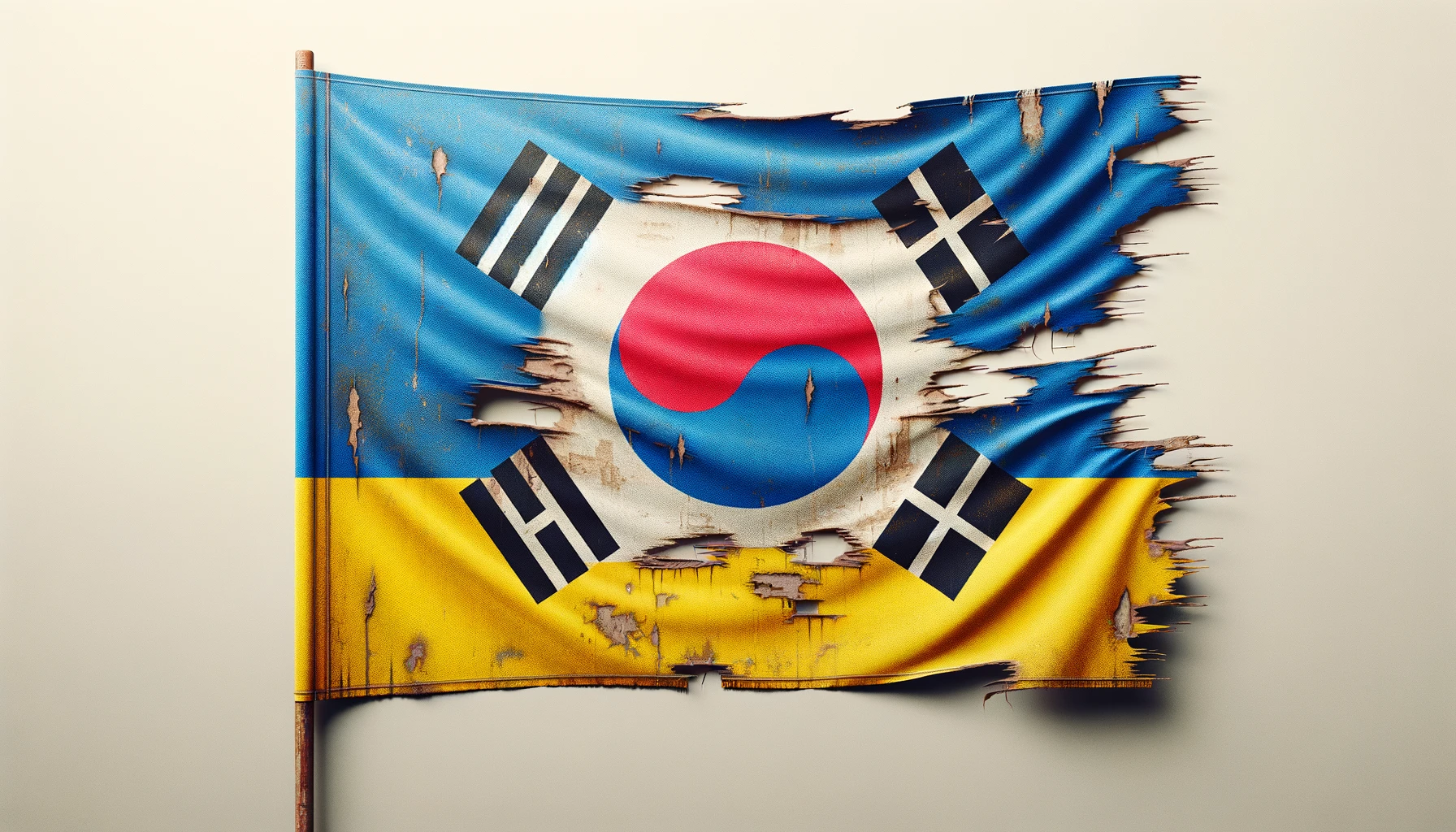
The strategic missteps, the power of global alliances, and the search for peace between the Korean War and the conflict in Ukraine offer crucial insights into today’s international order.
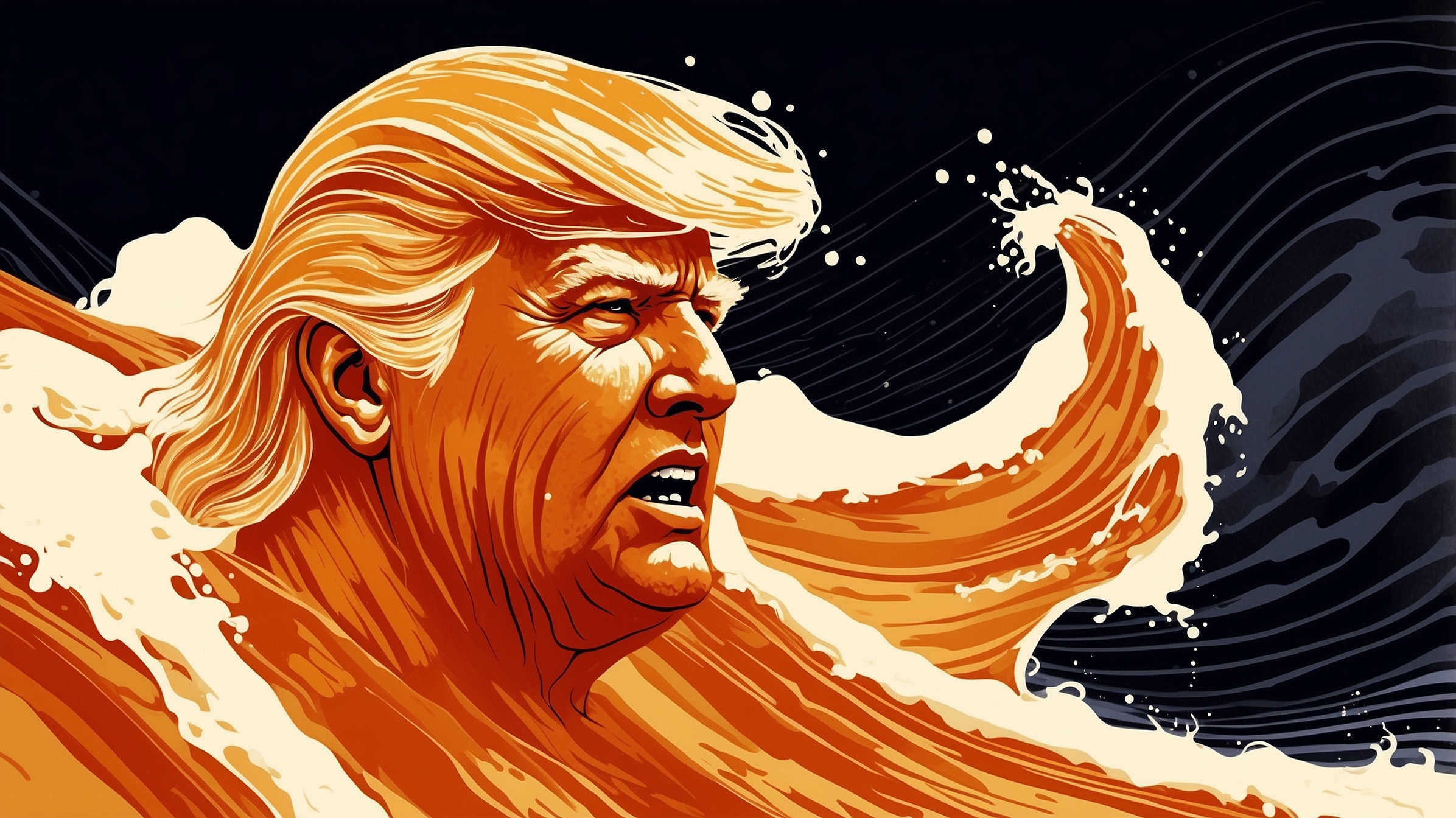
Trump’s second term threatens Europe’s security, economy, and climate policies with radical changes. The 2024 election could fundamentally reshape Europe’s future.

A 75-year saga of struggle and diplomacy shaping middle eastern dynamics and global politics, marking one of the most enduring international challenges of modern history.

The U.S.-China rivalry signals a looming showdown, upending global power dynamics across economic and military spheres.

AI’s profound impact on elections and global power dynamics underscores the urgent need to tackle its challenges, ensuring both ethical use and the preservation of democratic values.
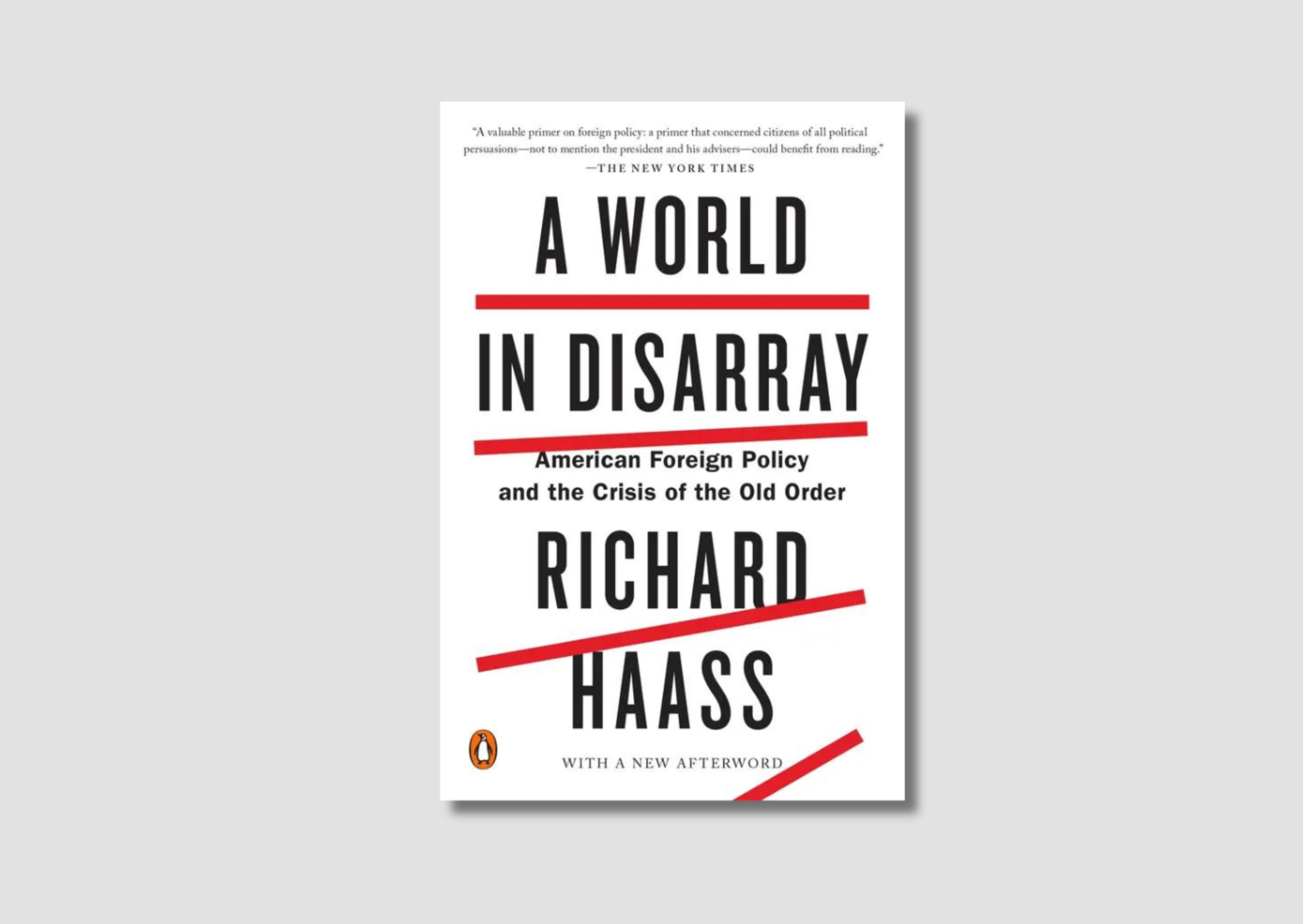
A World in Disarray: American Foreign Policy and the Crisis of the Old Order
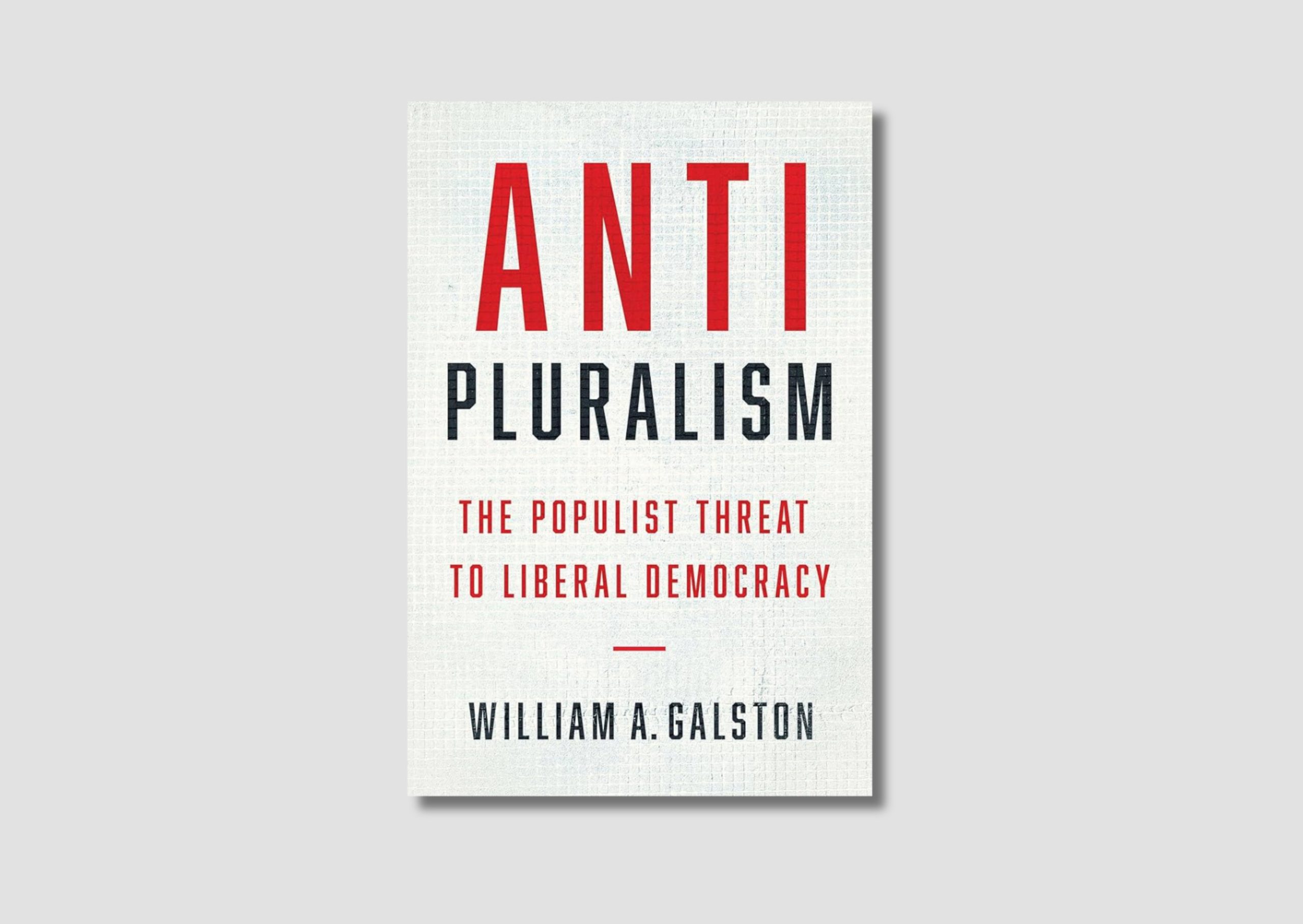
At the Crossroads of Liberal Democracy: The Rise of Populism William A. Galston, Anti-Pluralism: The Populist Threat to Liberal Democracy

In November, U.S. voters will choose between resurrecting the “America First” doctrine or maintaining a foreign policy based on alliances and multilateralism.

Biden’s presidency saw major domestic accomplishments, such as economic growth and infrastructure reform, but was overshadowed by foreign policy challenges, like Afghanistan’s withdrawal and Middle Eastern conflicts.

With Biden’s unexpected decision, the election race has suddenly shifted. Kamala Harris emerges as the new Democratic candidate, and the party faces a challenging election ahead.

As Kamala Harris emerges as the new Democratic nominee and Trump faces unprecedented challenges, China remains notably silent, hinting at a strategic shift in how Beijing views the unfolding U.S. election drama.

A second Trump presidency could radically alter U.S. foreign policy, prioritize national sovereignty, disrupt alliances, and challenge the liberal international order. What will the future hold?

The Global South is rising, overcoming colonial legacies and economic disparities to challenge traditional power structures. With emerging economies and diverse cultures, these nations are reshaping global dynamics and positioning themselves as key players in the future of international relations.

Putin’s determination to restore Russia’s great power status propels the conflict in Ukraine, intensifying the struggle for influence and challenging Western dominance.

The strategic missteps, the power of global alliances, and the search for peace between the Korean War and the conflict in Ukraine offer crucial insights into today’s international order.

Trump’s second term threatens Europe’s security, economy, and climate policies with radical changes. The 2024 election could fundamentally reshape Europe’s future.

A 75-year saga of struggle and diplomacy shaping middle eastern dynamics and global politics, marking one of the most enduring international challenges of modern history.

The U.S.-China rivalry signals a looming showdown, upending global power dynamics across economic and military spheres.

AI’s profound impact on elections and global power dynamics underscores the urgent need to tackle its challenges, ensuring both ethical use and the preservation of democratic values.

A World in Disarray: American Foreign Policy and the Crisis of the Old Order

At the Crossroads of Liberal Democracy: The Rise of Populism William A. Galston, Anti-Pluralism: The Populist Threat to Liberal Democracy